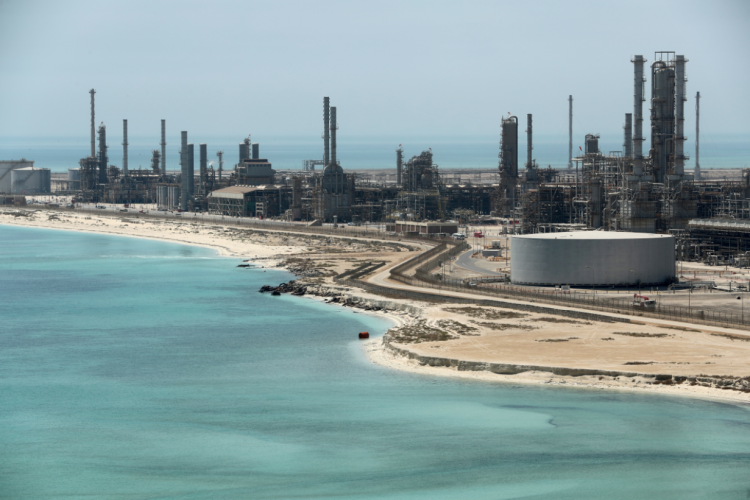The International Monetary Fund (IMF) estimates economic growth for oil-producing countries in the Middle East will decelerate slightly this year while oil importing countries are expected to import less crude oil.
Worsening social tensions in the region are also a growing concern, said the IMF.
The report projects growth for oil exporters sliding slightly to 0.4 percent in 2019 from 0.6 percent in 2018, said the IMF in its latest Regional Economic Outlook report. Triggering this skid is the economic contraction in Iran following the renewal of U.S. sanctions.
For oil-importing countries in the region, growth is expected to decrease to a projected 3.6 percent this year from 4.2 percent in 2018. This estimate, however, is expected to rebound to 4.2 percent from 2020 to 2023.
Growth in Gulf Cooperation Council (GCC) countries is expected to be 2.1 percent in 2019, a miniscule improvement from last year's 2 percent growth.
"Global developments are affecting the outlook for this year, namely the slowdown in growth especially on trade, the volatility in the oil price, as well as also the global financing conditions, in addition to a certain number of country specific issues," said Jihad Azour, the IMF's director of the Middle East and Central Asia.
"For oil-importing countries where debt is high, it's very important to tackle it and to reduce the level of deficit. That will allow those countries to reduce their debt burden over GDP," according to Azour.
Countries in the Middle East, the world's premier oil producing region, are also beset by stubbornly slow growth and rising geopolitical tensions that might lead to armed conflict. Combined, these factors pose immense economic challenges to Middle Eastern countries.
The report also said the inability of most Middle East countries to address rising unemployment has led to feelings of social unease and tension, especially among the youth. Volatile oil prices will continue pummeling some oil producing countries while others are increasingly saddled with rising public debt as their economies slow down.
"Despite the current increase in prices, the medium-term price projections of oil remain in the corridor of the mid-$60s," said Azour.
He noted it is very important for countries to pursue and accelerate their diversification strategies and at the same time, maintain their pace of fiscal adjustment that will allow them to reduce their dependence, in terms of oil revenues.
Social tensions are rising to uncomfortable levels. Over the past 18 months, the IMF's Reported Social Unrest Index has hit multi-year highs in some countries in the Middle East. This index calculates the share of articles in major news sources that include key terms relating to protests, demonstrations, and other forms of social unrest.
"Clearly, the inability of governments and countries to address the unemployment issue has led to the feelings, especially among the youth, of social unease and tension," said Azour.
The Regional Economic Outlook report is published each spring by the IMF's Middle East and Central Asia Department.






